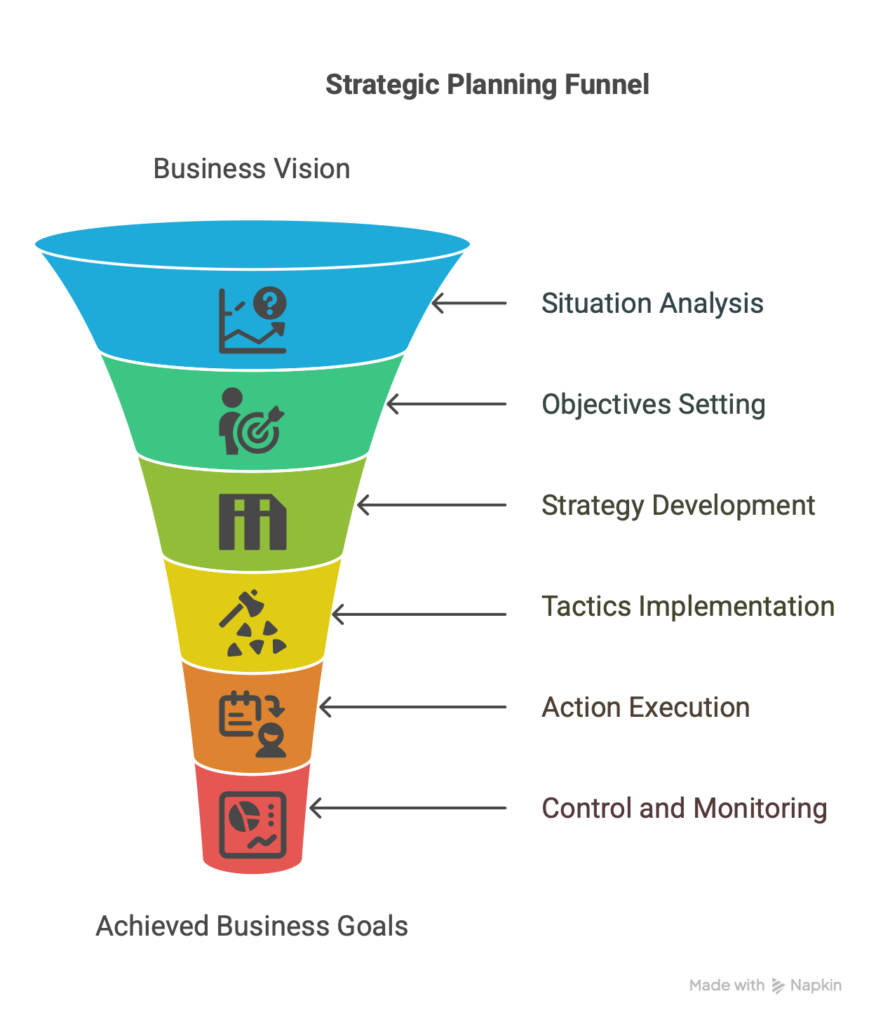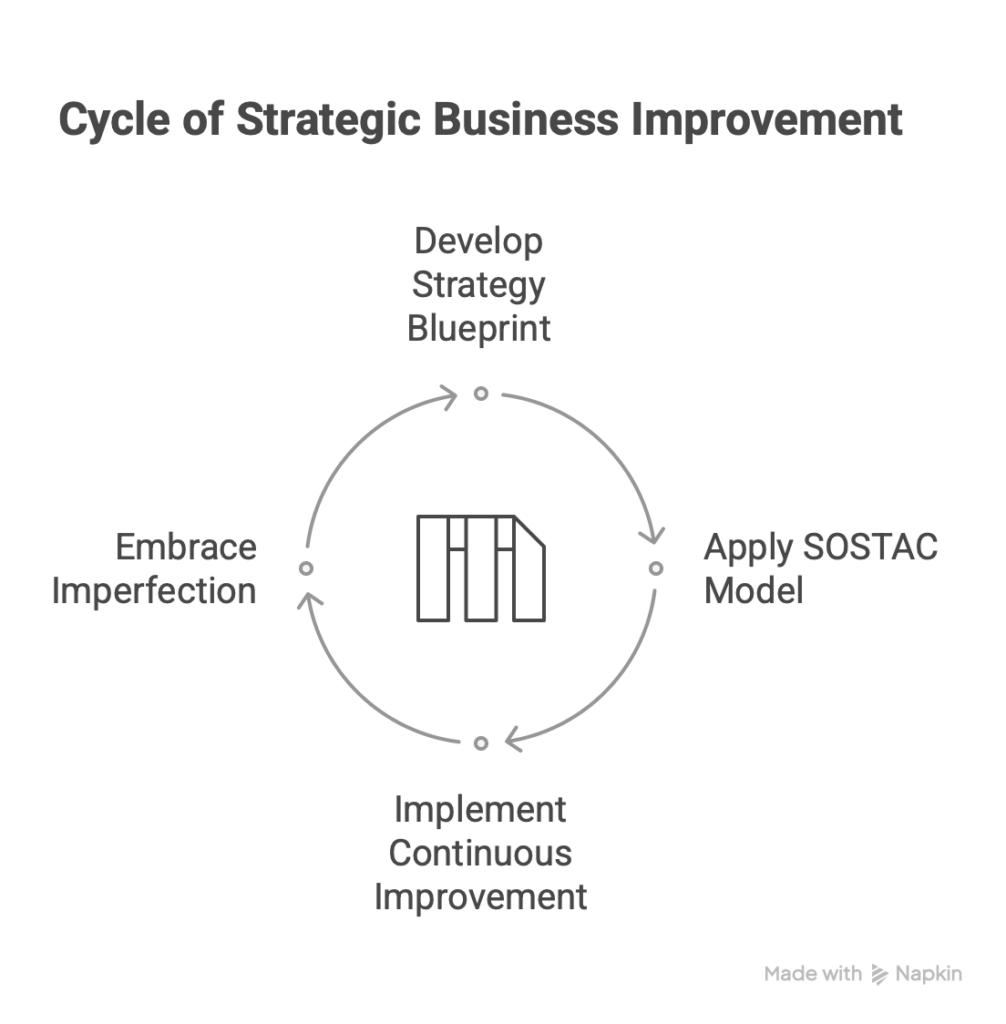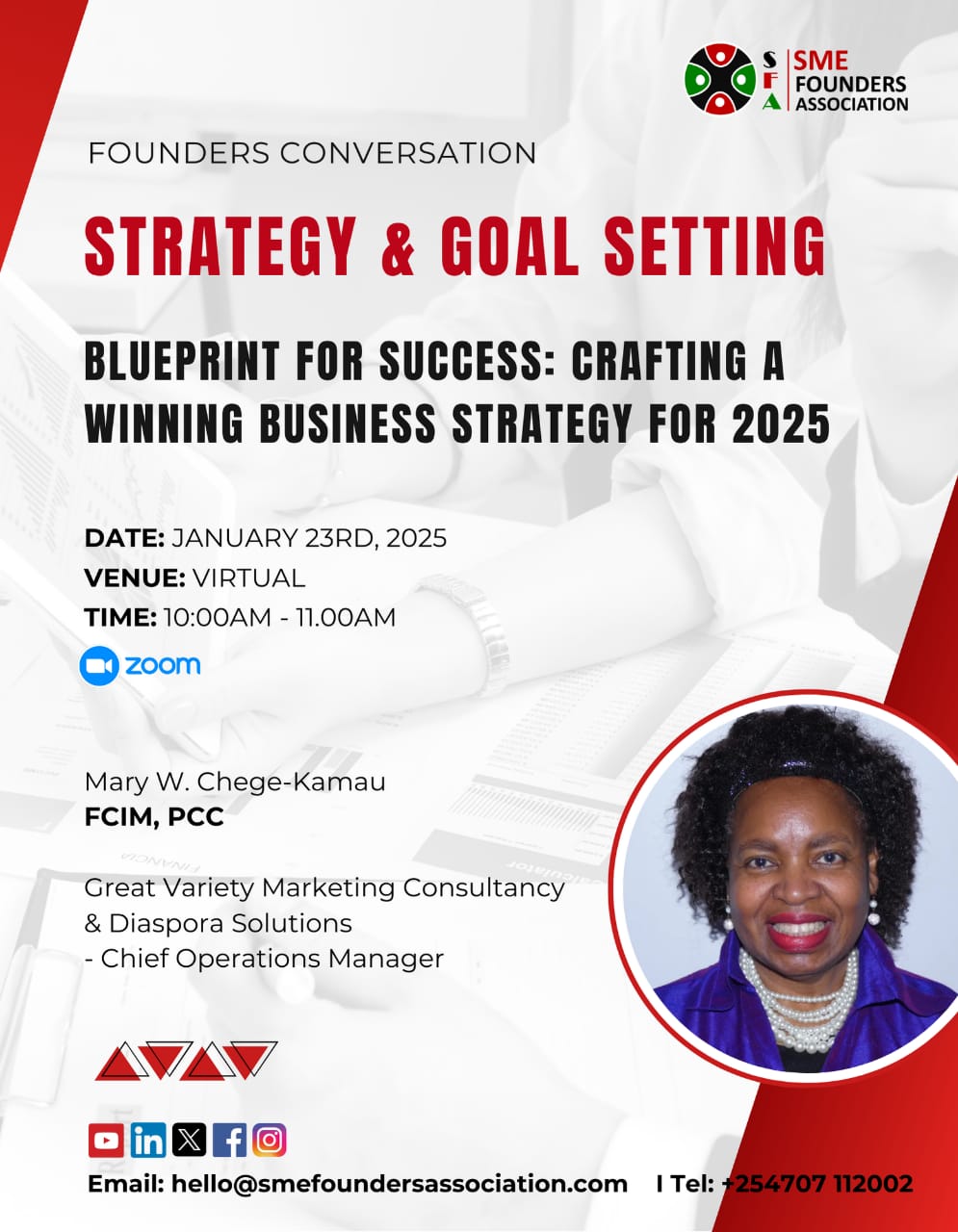Establishing a winning business strategy blueprint in 2025 requires a blend of data-driven planning, cultural insight, and continuous refinement. At Coach Consult Experts, we believe in empowering entrepreneurs to craft strategies that are both visionary and grounded in practical execution. This guide will walk you through the essential components of building a robust business strategy, integrating proven frameworks like the SOSTAC model and philosophies such as Kaizen and Wabi-Sabi. Blog

The Importance of a Strategic Business Blueprint
In today’s dynamic business environment, having a well-defined strategy is crucial. Businesses that set clear goals are 376% more likely to achieve success compared to those without specific objectives.
Moreover, the SOSTAC model has been recognized for its effectiveness in strategic planning, providing a structured approach to developing and implementing business strategies. Smart Insights
Implementing the SOSTAC Framework
The SOSTAC model, developed by PR Smith, stands for Situation, Objectives, Strategy, Tactics, Action, and Control. It’s a comprehensive framework that guides businesses through the strategic planning process.
1. Situation Analysis
Assess your current position by analyzing internal strengths and weaknesses, as well as external opportunities and threats (SWOT analysis). This provides a clear understanding of where your business stands.
2. Objectives
Set SMART (Specific, Measurable, Achievable, Relevant, Time-bound) objectives that align with your business vision and mission.
3. Strategy
Develop a high-level approach to achieve your objectives, focusing on target markets, value propositions, and competitive positioning.
4. Tactics
Detail the specific tools and methods you’ll use to implement your strategy, such as marketing campaigns, sales initiatives, or customer service enhancements.
5. Action
Outline the specific actions required to execute your tactics, assigning responsibilities and setting timelines. ClearPoint Strategy
6. Control
Establish key performance indicators (KPIs) and monitoring systems to track progress and make necessary adjustments.
Embracing Kaizen for Continuous Improvement

Kaizen, a Japanese philosophy meaning “change for the better,” emphasizes continuous, incremental improvements.Implementing Kaizen involves engaging all employees in suggesting and implementing small changes, leading to significant enhancements over time. This approach has been instrumental in the success of companies like Toyota, which focuses on process improvements to drive innovation and efficiency.
Applying Wabi-Sabi in Business Strategy
Wabi-Sabi is a Japanese aesthetic that finds beauty in imperfection and transience. In business, embracing Wabi-Sabi means accepting that not all processes will be perfect and that flexibility and adaptability are essential. This mindset encourages innovation and resilience, allowing businesses to navigate uncertainties and evolve continuously. Forbes
FAQs on Crafting a Winning Business Strategy
Q1: What is the core purpose of a business strategy blueprint?
A business strategy blueprint serves as a roadmap, guiding your organization from its current state to a desired future. It encompasses your vision, mission, objectives, and the tactical plans needed to achieve them.
Q2: How does the SOSTAC model enhance strategic planning?
The SOSTAC model provides a structured approach to strategic planning, ensuring that each component—from situation analysis to control—is thoroughly considered and aligned with your business goals.
Q3: Why is continuous improvement important in business?
Continuous improvement, as advocated by Kaizen, allows businesses to adapt to changes, enhance efficiency, and foster a culture of innovation, leading to sustained success.
Q4: How can embracing imperfection benefit my business?
Adopting the Wabi-Sabi philosophy encourages businesses to accept imperfections, leading to greater flexibility, creativity, and the ability to adapt to unforeseen challenges. LinkedIn

Sample Business Strategy Blueprint Table
| Component | Description |
|---|---|
| Vision | Define the long-term aspiration of your business. |
| Mission | Articulate the purpose and primary objectives. |
| SWOT Analysis | Identify strengths, weaknesses, opportunities, and threats. |
| SMART Objectives | Set specific, measurable, achievable, relevant, and time-bound goals. |
| Strategic Plan | Develop approaches to achieve objectives, considering market positioning. |
| Tactics | Outline specific actions, such as marketing campaigns or product launches. |
| Action Plan | Assign responsibilities and timelines for each tactic. |
| Control Measures | Establish KPIs and monitoring systems to track progress. |
By integrating structured frameworks like SOSTAC with philosophies such as Kaizen and Wabi-Sabi, businesses can craft strategies that are both robust and adaptable. This holistic approach ensures that your business is well-equipped to navigate the complexities of the modern market and achieve sustained success.
Additional Resources & Event Recording Links
To gain deeper insights and practical applications of crafting a winning business strategy blueprint, watch the Thursday Live Event featuring Coach Mary Chege-Kamau.
These recordings provide real-world context to the strategies discussed and showcase how entrepreneurs are applying these principles in 2025.
- 🎥 YouTube Recording: Watch here
- 📘 Facebook Recording: Watch here
- 💼 LinkedIn Recording: Watch here



